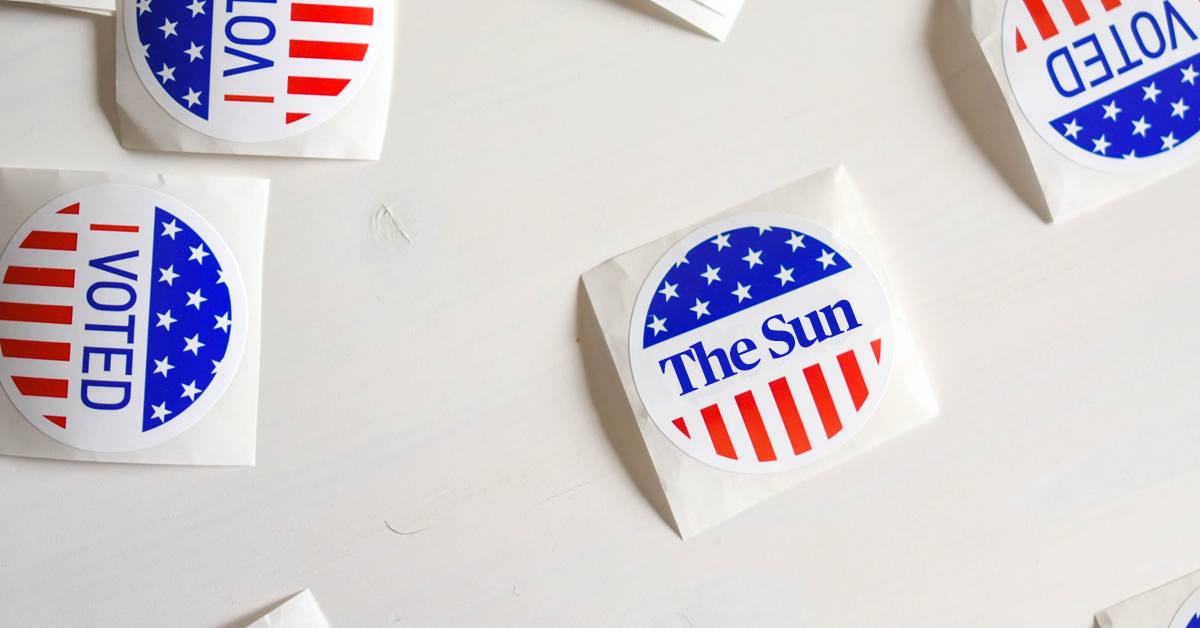Two competing ballot initiatives could legalize sports betting in California: Proposition 26, the Legalize Sports Betting on American Indian Lands Initiative, and Proposition 27, the Legalize Sports Betting and Revenue for Homelessness Prevention Fund Initiative.
While sports betting would be allowed in the Golden State through both initiatives, Prop 26 and Prop 27 offer major differences in the path to legalization.
How do the initiatives change gambling in California?
| Prop 26 | Prop 27 |
| – In-person sports betting would be legalized at tribal casinos and state-regulated racetracks. – Tribal casinos would also be able to engage in Vegas-style roulette and dice games, such as Craps – It does not contemplate online sports betting | – Allows tribes to offer sports betting online. – Gaming companies, such as sponsors FanDuel, DraftKings, BetMGM, Penn National, would also be allowed to partner with tribes to offer online sports betting services. |
What can you bet on?
| Prop 26 | Prop 27 |
| – Does not allow sports betting on games that feature California colleges – Does not allow betting on high school sports | – Does not make a distinction between sports allowing bets to be made on collegiate games – Allows bets to be placed on non-athletic events such as award shows, but prohibits betting on elections |
Where does tax money go?
Both propositions offer tax revenue that the state would use for differing purposes.
| Prop 26 | Prop 27 |
| – Creates a new California Sports Wagering Fund. Race tracks would pay 10 percent of all bets into that fund, Tribes would have to modify their gaming compact with the state to allow sports betting, and part of the modification would determine if the tribe would contribute tax money to the fund or not. If they do not contribute to the fund, they would be required to pay the state for the cost of regulating sports betting at casinos. – Money in the California Sports Wagering Fund would first go toward K-12 schools and community colleges. – Remaining funds would be split three ways: 1. 70 percent to the state General Fund 2. 15 percent to gambling addiction and mental health programs 3. 15 percent Gambling and sports betting enforcement costs. – Legislative Analyst’s Office estimate for revenue: “could reach tens of millions of dollars annually.” | – Tribes and gambling companies would pay 10 percent of bets, and tribes must pay $10 million when its five-year license is approved followed by $1 million each time it is renewed. Gambling companies would pay $100 million for license approval and $10 million for each renewal. – All payments would be directed into a new California Online Sports Betting Trust Fund, which would be split in the following ways: 1. 85 percent to address homelessness and for gambling addiction programs 2. 15 percent for tribes that are not involved in online sports betting. – Would also change the California Constitution to exempt sports betting from rules regarding funding for K-12 schools and community colleges. – Legislative Analyst’s Office estimate for revenue: “could be in the hundreds of millions of dollars annually, but likely would not be more than $500 million annually.” |
Miscellaneous Regulatory changes
| Prop 26 | Prop 27 |
| – An expansion of California’s Private Attorneys General Act. Similar to its use to polic labor violations, the provisions in Prop 26 would allow anyone – such as tribal casinos – to privately hire lawyers in place of the state attorney general to sue cardrooms that they believe are breaking the law with the types of card games being offered. | – None identified |
Campaign finance totals
According to figures compiled by the California Target Book, more than $450 million has been spent on the campaigns for and against each proposition.
For Prop 26, more than $123 million has been spent in support while $43.6 million has been spent in opposition.
Prop 27 has had nearly $170 million spent to get it approved by voters with $116 million spent opposing it.









